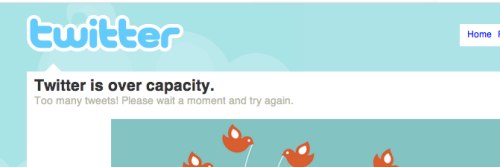From the Sydney Morning Herald…
THERE has been speculation recently about what is being called an internal Facebook valuation – a value the company has assigned to its own common stock that is drastically lower than the $15 billion valuation set so publicly last year by Microsoft’s investment.
According to the transcript of a June 13 case-management conference in the lawsuit settled last week between Facebook and ConnectU – one of the few documents in the case not under seal – that figure is $3.75 billion, or one-quarter of the Microsoft valuation.
ConnectU had claimed that Mark Zuckerberg, a former employee and Facebook’s founder, got his idea from ConnectU.
The relevant passage from the document, under the section titled Defendant ConnectU’s Position, said: “The term sheet and settlement agreement is also unenforceable because it was procured by Facebook’s fraud. Indeed, based on a formal valuation resolution approved by Facebook’s board of directors but concealed from ConnectU, the stock portion of the purported agreement is worth only one-quarter of its apparent value based on Facebook’s public press releases.”
The piece goes on to point out that Microsoft bought preferred stock — i.e. ones with special voting rights, so the ConnectU figure is probably too low. But it’s still not $15 billion.


